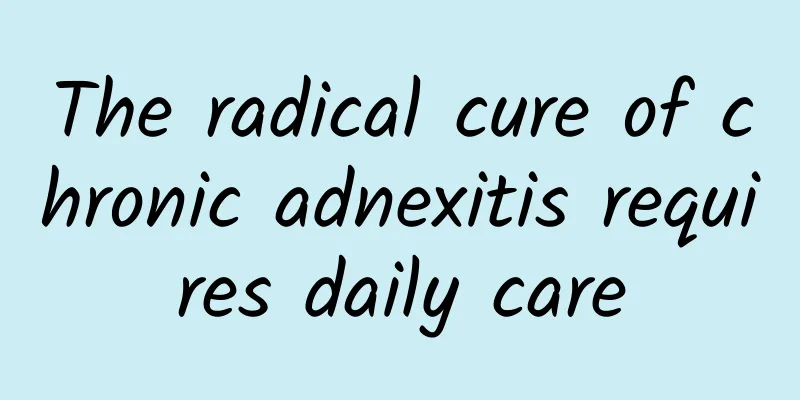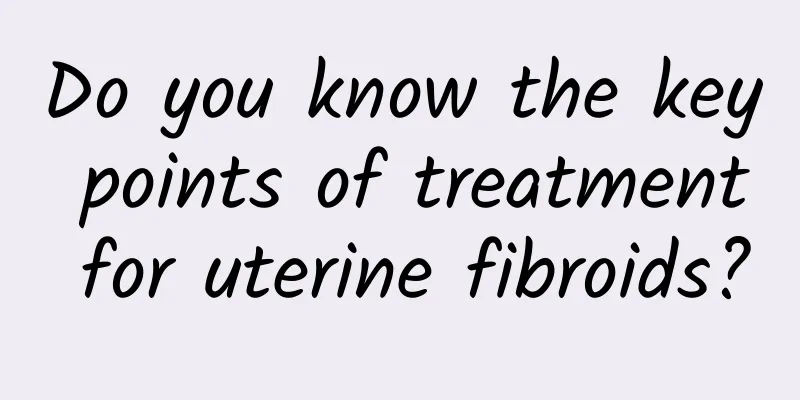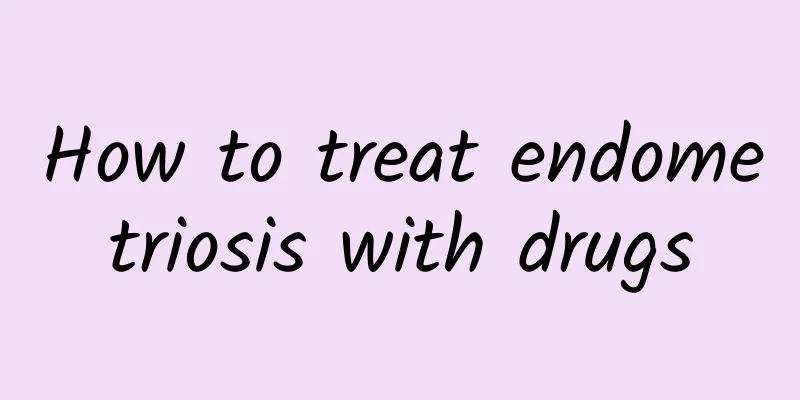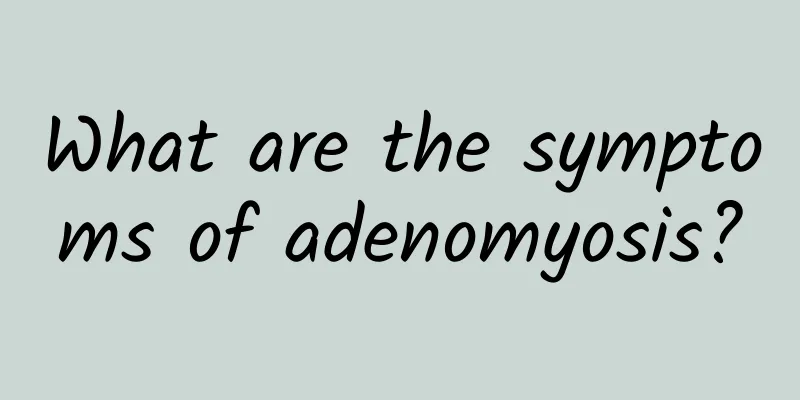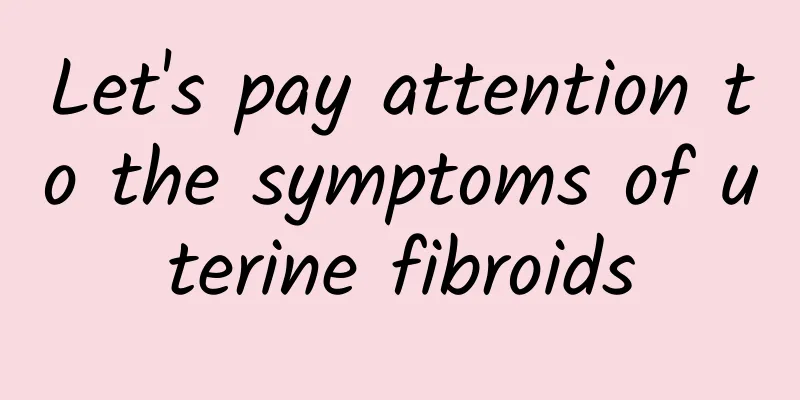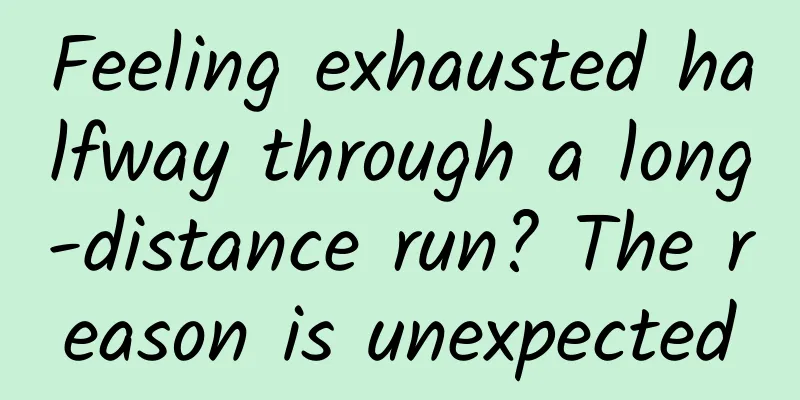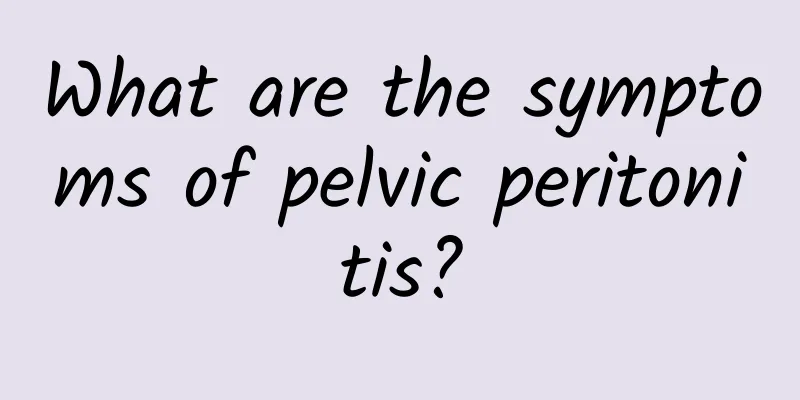What are the symptoms of uterine cysts?
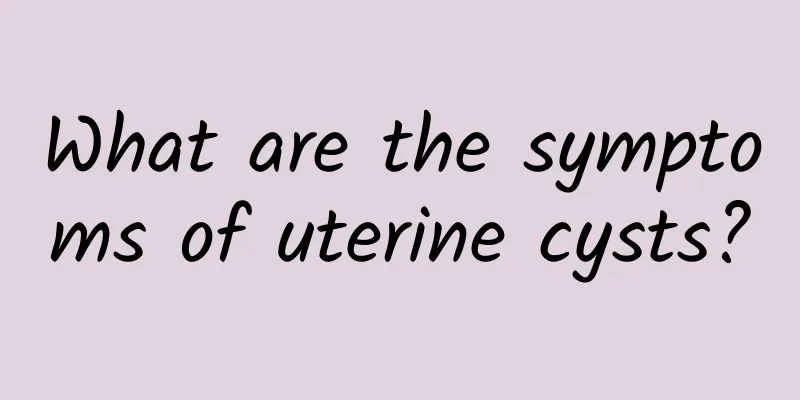
|
The symptoms of uterine cysts vary depending on size, location and nature, but common manifestations include lower abdominal pain, menstrual abnormalities and difficulty urinating or defecating; when symptoms are severe or continue to worsen, you need to see a doctor for a comprehensive examination. Uterine cysts refer to fluid-filled cystic structures that appear on or around the uterus. Some small cysts may not have obvious symptoms and are usually discovered accidentally during a physical examination; larger cysts may cause dull pain or distension in the lower abdomen, especially during menstruation. Some patients will experience menstrual abnormalities such as increased menstrual flow, irregular bleeding, or prolonged menstruation. When a cyst presses on the bladder or rectum, symptoms such as frequent urination, difficulty urinating, or constipation may occur. If a cyst ruptures, bleeds, or twists, it can also cause acute and severe abdominal pain, and may be accompanied by dizziness, nausea, or even fainting. In this case, emergency medical attention is required. Uterine cysts refer to fluid-filled cystic structures that appear on or around the uterus. Some small cysts may not have obvious symptoms and are usually discovered accidentally during a physical examination; larger cysts may cause dull pain or distension in the lower abdomen, especially during menstruation. Some patients will experience menstrual abnormalities such as increased menstrual flow, irregular bleeding, or prolonged menstruation. When a cyst presses on the bladder or rectum, symptoms such as frequent urination, difficulty urinating, or constipation may occur. If a cyst ruptures, bleeds, or twists, it can also cause acute and severe abdominal pain, and may be accompanied by dizziness, nausea, or even fainting. In this case, emergency medical attention is required. To relieve symptoms and prevent further deterioration of cysts, regular gynecological examinations are recommended for early detection and monitoring. For small cysts with mild symptoms and no health impact, oral contraceptives (such as ethinyl estradiol cyproterone acetate tablets) can stabilize hormone levels and inhibit their growth. For larger cysts or cysts with obvious symptoms, doctors may recommend minimally invasive surgery (such as hysteroscopic cystectomy) for treatment. In terms of diet, you can eat more fiber-rich foods (such as whole grains and green leafy vegetables) to help digestion and reduce abdominal pressure; at the same time, do low-intensity exercises such as jogging or yoga to improve blood circulation and relieve discomfort. If symptoms recur or worsen, you should consult a professional doctor immediately. |
<<: What kind of exercise should I avoid if I have uterine fibroids?
>>: How to judge uterine prolapse and what to do
Recommend
Where is the uterine fibroid located in the abdomen? On which side of the abdomen is the uterine fibroid located?
Where is the uterine fibroid located in the abdom...
Sleeping too little can make you fat! What is your ideal sleep amount?
If you want to lose weight, get rid of body fat, ...
What are the symptoms of tuberculous pelvic inflammatory disease?
There are many types of pelvic inflammatory disea...
How to treat endometriosis with traditional Chinese medicine?
How to treat endometriosis with traditional Chine...
What are the health care methods for women suffering from menopause?
Menopause is a common problem for female friends....
How many days after abortion can I go out?
Abortion is artificial miscarriage. If the recove...
Precautions for women with pelvic effusion
The appearance of pelvic effusion is a serious co...
The main causes of ectopic pregnancy
What is the main cause of ectopic pregnancy? Ecto...
American beef storm! New Taipei City Health Bureau inspects 70 more stores
After a well-known steakhouse was found to use Am...
Experts explain how to prevent cervical precancerous lesions
How to prevent cervical precancerous lesions? Thi...
What are the causes of irregular menstruation?
Irregular menstruation is a common gynecological ...
What are the effects of adnexitis on female infertility?
Adnexitis is a common disease, and patients with ...
What should I check for abnormal vaginal discharge?
What should I check for abnormal leucorrhea? Leuc...
Introduce the treatment of candidal vaginitis
Patients with candidal vaginitis are not uncommon...
What medicine can be applied to uterine fibroids? Is there any external medicine for uterine fibroids?
Uterine fibroids are one of the most common tumor...

